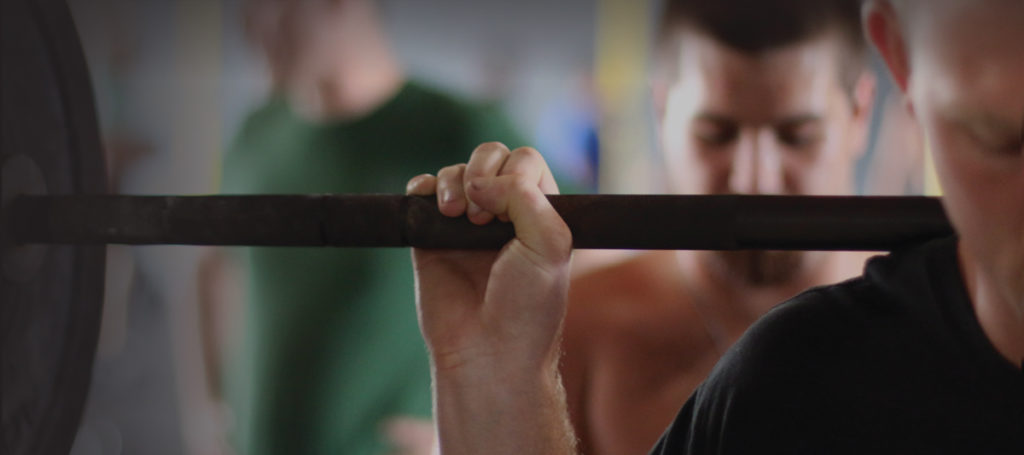Motivation only lasts so long. When motivation dies out, which it eventually does, it is the habits you build in recovery which keep you going. What some call a lifestyle is really a series of habits which become so deeply habitual they don’t take any effort anymore. Exercise, dietary choices, meditation, and staying sober are some of those habits. Each day doing the things which you are taught help you stay sober get easier until it feels like you are living an entirely different life. That is, until, you get an episode of PAWS. Post acute withdrawal syndrome is the phenomenon of recurring symptoms which occurred during detox. Irritability, restlessness, insomnia, depression, anxiety, and intense cravings are common.
After periods of time in which you have been feeling something close to “normal”, experiencing PAWS can be disheartening. All of that motivation which has fueled your recovery can suddenly disappear. If, or when, it does, you are left to engage in those habits you have developed which keep you going. More importantly, these habits, like exercise, are scientifically proven to reduce the symptoms associated with PAWS, making the experience shorter, and helping you stay motivated in your recovery.
Unfortunately, getting through PAWS by getting to the gym or outside for exercise can be a challenge. PAWS is exhausting, frustrating, and upsetting. Here are a five ways to maintain your exercise habits to keep moving through your PAWS and your recovery.
Make exercise a daily micro goal
You learn through treatment and recovery that setting major goals with no measurable steps to achieve is a set up for failure. Saying “I’m going to exercise every day no matter how I’m feeling” is difficult on days when you’re really not feeling it. Make exercise a micro goal with steps, like making time for exercise, signing up for a class, getting ready, and going.
Put exercise on your calendar
Sign up for exercise classes, schedule exercising with a friend, or plan a special time of day, like your lunch hour, sunrise, or sunset. Mark exercise on your calendar, so you can visibly see it as part of your scheduled day instead of an option.
Give yourself 5 minutes to argue
The hardest part of exercise is starting. Most people contemplate whether or not they really want to work out before they get started. Set a timer and give yourself just five minutes to argue with yourself. Remember all the reasons it is important to keep exercising through PAWS. Be gentle with yourself if you are tired, fatigued, and emotionally exhausted. When the timer goes off, get to it. Within minutes you’ll feel better.
Bonus: Enlist your recovery peers
PAWS symptoms tend to come up around significant marks of recovery time: 30, 60, 90 days and 6 months, then every 6 months thereafter. Chances are that when you are going through the symptoms of PAWS, some of your recovery peers are experiencing the same thing. Get everyone together for a run, a walk, or an intense training session. You never have to go at it alone in recovery.
PAWS causes more relapse than it should. Learn how to protect your recovery by creating sustainable changes in mind, body, and spirit through the treatment programs at Tree House Recovery in Orange County, California. Call us today for information on how we are helping men find freedom from addiction: (855) 202-2138


